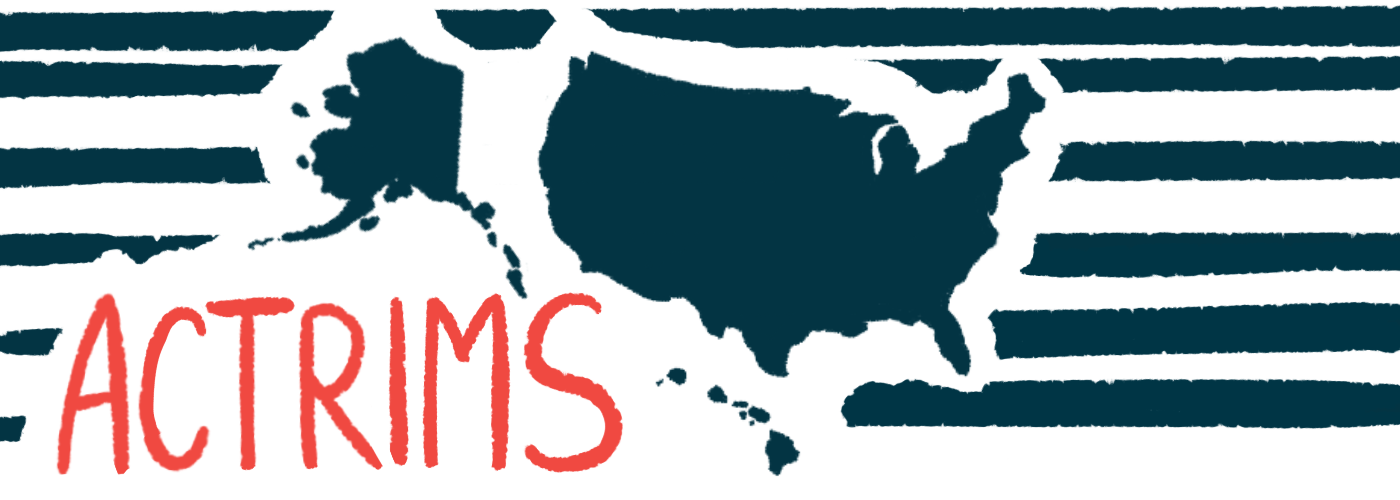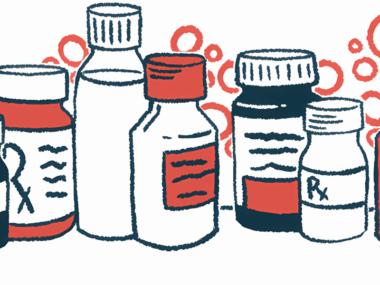ACTRIMS 2024: Evobrutinib fails to show superiority to Aubagio in Phase 3 trials
BTK inhibitor seen as similar to approved therapy 'but a little bit more toxic'
Written by |

The experimental BTK inhibitor evobrutinib was no better than Aubagio (teriflunomide) at preventing relapses, reducing brain lesions, or slowing disability progression in people with relapsing forms of multiple sclerosis (MS), according to data from two Phase 3 trials.
Both medications had generally similar safety profiles, although increases in liver enzymes indicating serious liver injury were more common with evobrutinib than the approved therapy.
According to Xavier Montalban, MD, PhD, a study investigator at Hospital Universitario Vall d’Hebron in Spain, these Phase 3 results overall suggest that evobrutinib is “a medication that’s quite similar to [Aubagio] but a little bit more toxic.”
Evobrutinib is designed to block Bruton’s tyrosine kinase, easing inflammation
Montalban shared the findings at the Americas Committee for Treatment and Research in Multiple Sclerosis (ACTRIMS) Forum 2024, held Feb. 29 to March 2 in Florida and virtually, in a talk titled, “Efficacy and Safety of Evobrutinib Versus Teriflunomide in Relapsing Multiple Sclerosis: Results From the Phase 3 evolutionRMS 1 and 2 Trials.” The work was funded by Merck KGaA (known as EMD Serono in North America), the company developing evobrutinib.
“These negative results were quite disappointing for all of us — in fact, a little bit devastating for patients, their families, for investigators, and for the Merck people of course. So I would like to thank very much patients, their families, investigators, and especially the Merck team,” Montalban said, noting that Merck did a “great job” in helping to keep the trial running smoothly despite disruptions related to the COVID-19 pandemic.
Evobrutinib is an oral therapy designed to reduce MS-driving inflammation by inhibiting a protein called Bruton’s tyrosine kinase, or BTK, which is important for the activity of multiple types of immune cells with a central role in MS, including B-cells and microglia.
Multiple BTK inhibitors are in development to treat MS, but evobrutinib is the first to finish Phase 3 clinical testing.
“These are the first Phase 3 data available for a BTK inhibitor tested as a treatment for patients with relapsing multiple sclerosis,” Montalban said.
The twin Phase 3 trials EVOLUTION RMS1 (NCT04338022) and EVOLUTION RMS2 (NCT04338061) enrolled more than 2,200 people with relapsing types of MS — almost all had relapsing-remitting MS, although 3% to 4% had active secondary progressive MS. About two-thirds of participants were female, and more than three-quarters were from eastern Europe, including Belarus, Russia, or Ukraine.
Participants in the two studies were randomly assigned to treatment with evobrutinib (45 mg twice daily) or Aubagio for at least six months and up to 156 weeks (nearly three years). About 1 in 4 patients left the study early; this rate was similar for patients on evobrutinib or Aubagio, and side effects were the main reason patients stopped treatment in both groups.
The safety profiles of evobrutinib and Aubagio were “quite similar,” Montalban said, but signs of liver damage, while uncommon with both therapies, were more frequent with evobrutinib. Still, none of the patients with liver damage had any related symptoms, and signs of liver damage resolved after stopping treatment in all patients.
Both evobrutinib and Aubagio ‘did very well’ at preventing relapses
A main goal of the EVOLUTION trials was to test if evobrutinib could outperform Aubagio at reducing the rate of MS relapses, which are periods when symptoms suddenly appear or worsen. But top-line results, announced by Merck late last year, showed no difference in relapse rates between the two therapies.
“Both drugs did very well,” with the mean number of annual relapses being between 0.11 and 0.15 across the trials, Montalban said. There were “no differences at all” between the two therapies.
Analyses of secondary goals also showed very low rates of disability progression with both treatments — 11.9% of patients on evobrutinib and 13% of those on Aubagio experienced a sustained increase in Expanded Disability Status Scale (EDSS) scores lasting at least 12 weeks, and disability worsening lasting at least 24 weeks was observed in 7.7% and 7.1% of patients.
The number of patients with disability improvement (that is, a reduction in EDSS scores lasting at least 24 weeks), likewise, was similar with both therapies: 9.1% with evobrutinib and 10.7% with Aubagio.
In both trials, the number or new or enlarging lesions, and the number of lesions with active inflammation did not significantly differ between the two treatment groups. Levels of neurofilament light chain (NfL), a well established marker of nerve damage, as well as assessments of physical function and fatigue, did not show any significant differences between the two treatments.
Montalban noted that additional analyses are ongoing, including comparisons of how the two therapies affected biomarkers such as brain atrophy and immune cell populations. He remains hopeful that other BTK inhibitors in development might provide better results.
Note: The Multiple Sclerosis News Today team is providing coverage of the ACTRIMS Forum 2024 Feb. 29 — March 2. Go here to see the latest stories from the conference.


